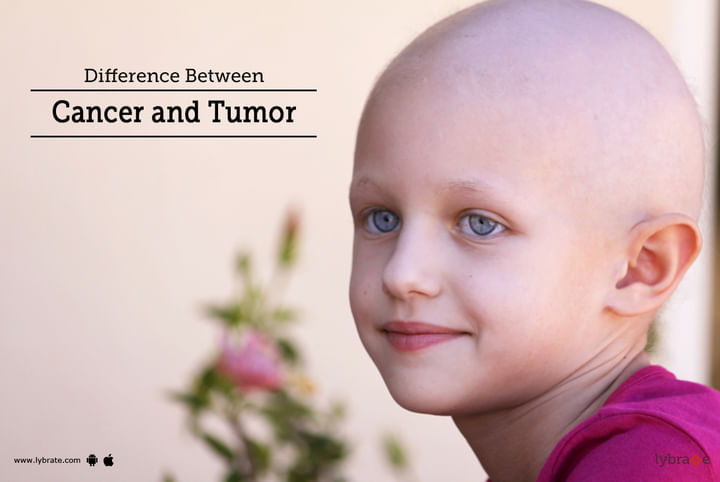Difference Between Cancer and Tumor
Anal cancer is a rare form of cancer that originates in the anus, located at the end of the gastrointestinal tract. This type of cancer is rare before the age of 35 years. The average age of diagnosis is in the early 60s. Moreover, women are more likely to get anal cancer than men are.
What are the causes?
Anal cancer develops when healthy cells begin to grow and multiply uncontrollably due to a genetic mutation. These cells do not die and accumulate to form a mass or tumour. Once the tumour becomes cancerous, it invades the surrounding tissues and spread to other parts or organs of the body.
The exact cause behind the onset of cancer is not known. However, studies suggest that anal cancer is linked with Human papillomavirus (HPV), a sexually transmitted disease. Almost 79% of people with anal cancer are diagnosed with HPV 18 or 16, and around 8% of them have other forms of HPV.
Besides, there are certain risk factors that increase your likelihood of developing cancer in the anal canal. These may include –
-
Receptive anal intercourse
-
Multiple sexual partners
-
Smoking
-
A weakened immune system
Symptoms of Anal Cancer
Sometimes anal cancer shows no symptoms at all. However, on other occasions, the disease is characterized by symptoms, such as the following –
-
Rectal bleeding and itching
-
A mass or lump at the opening of the anus, often mistaken for haemorrhoids or piles
-
Pain/feeling of fullness around the anus
-
Changes in bowel movements, like narrowing of stool, constipation or diarrhoea
-
Abnormal anal discharge
-
Swelling of the lymph nodes in the groin or anal areas
-
Vaginal dryness
-
Pain in the lower back if the tumour presses on the vagina
-
Bloating
-
Faecal incontinence
Most often, the above symptoms are likely to be caused by non-cancer or benign conditions such as anal warts, fissures or haemorrhoids. Therefore, if you encounter any of these signs, it is advisable that you check with your doctor so that the cancer is detected and treated early.


+1.svg)
